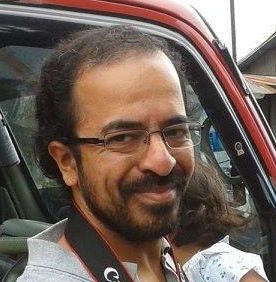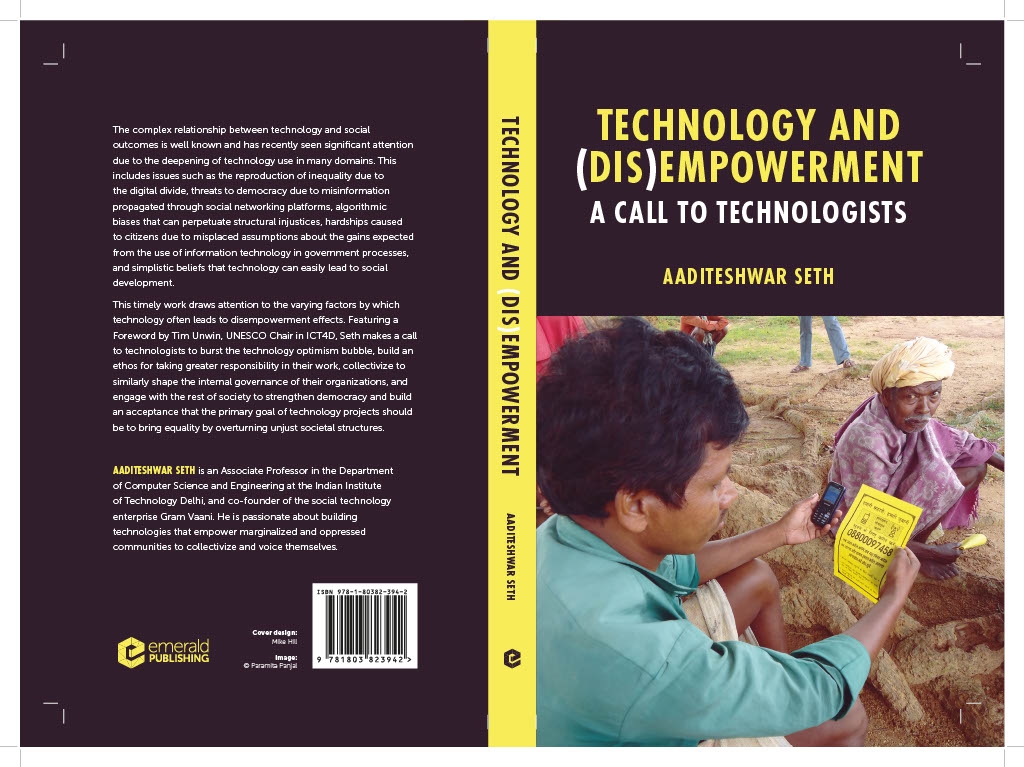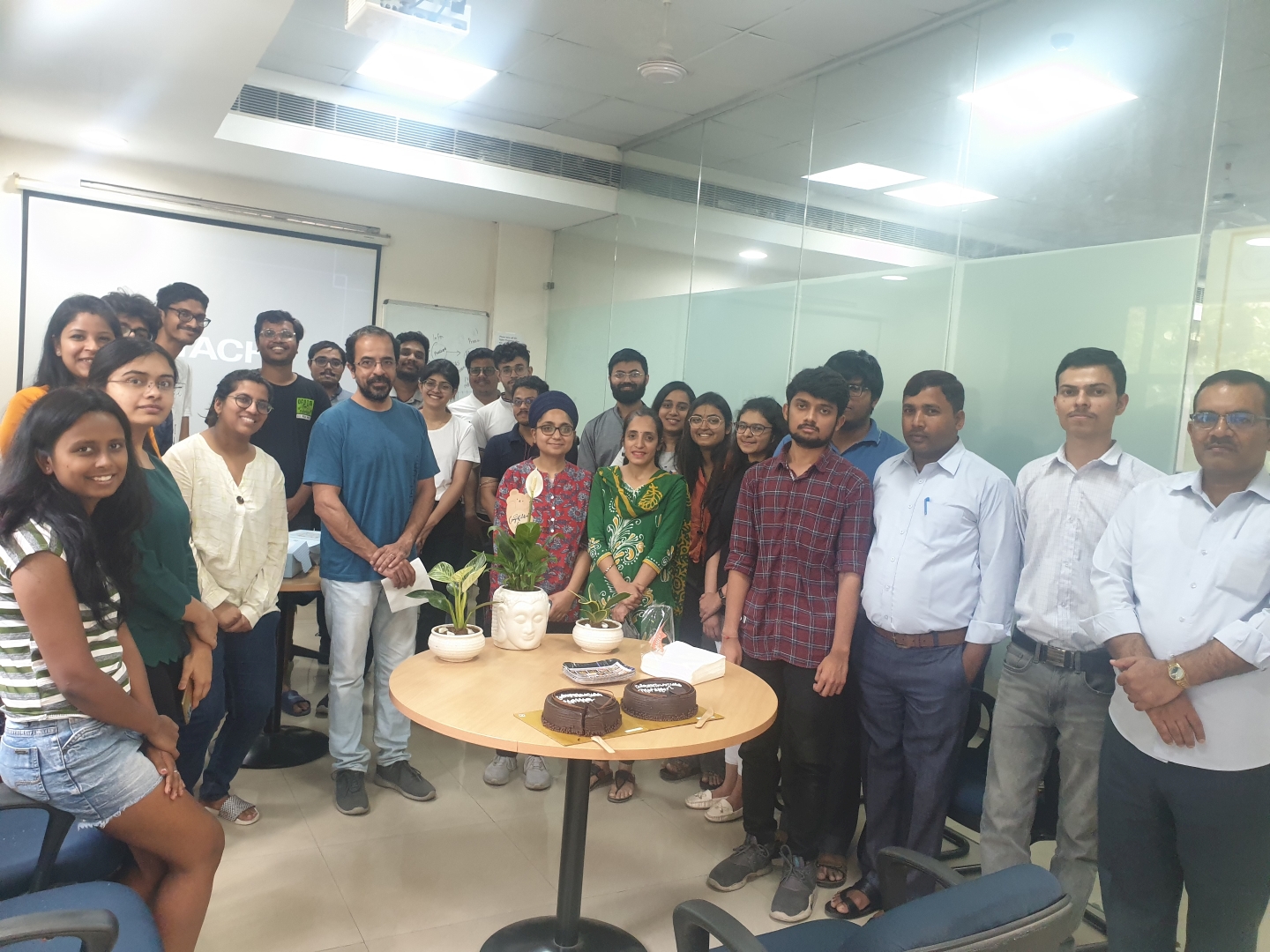
- Environment monitoring and natural resource management for community based development [video]
- Analysis of factors impeding socio-economic development in rural areas
- Participatory information sharing systems in low-literacy environments [video, video]
- Ethics of information systems [video]
Room 103, Khosla School of Information Technology
IIT Delhi
New Delhi
India - 110 016
I joined IIT Delhi in 2009, before which I did my PhD under Prof. S. Keshav and Prof. R. Cohen from the University of Waterloo. In 2009 I co-founded Gram Vaani, a social entrepreneurial venture to enable development through community media in rural areas of India. Eager to understand how uneven social development emerges, in 2019 my students and I released a website to monitor biases in policy making in India: the Giant Economy Monitor. Bringing together much of my learning gained over the last decade and a half on the relationship between technology, the political economy of technology, and social development, I wrote a book Technology and (Dis)Empowerment: A Call to Technologists which was published in 2022. The book is available on Emerald Publishing and Amazon, with previews at Google Books, and please feel free to ask me for my local electronic version - I will be more than happy to email it. The preface, introduction, and foreword (by Tim Unwin) are available here, and a brief summary is here. Most of my research has now moved to the use of ICTs for environment monitoring and improved natural resource management to assit rural communities to adapt to the changing climate. We are calling this the CoRE stack project. This note describes the passion and ideals that drive research in my group - students looking to work with me should certainly read it.
Email: aseth -at- cse -dot- iitd -dot- ac -dot- in



